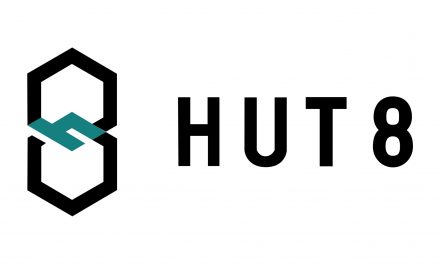Crypto-focused venture capital firm Pantera Capital, which has about $3.8 billion in assets under management, has summed up its 2023 forecast, and the future is decentralized finance (DeFi).
The bear market that emerged early last year was worsened by a wave of headline-grabbing exploits and bankruptcies, including the implosion of multibillion-dollar centralized exchange FTX and last week’s filing by crypto lender Genesis, a sister company of CoinDesk’s.
“Pantera has managed blockchain funds through three previous ‘crypto winters’,” noted Pantera CEO and co-Chief Investment Officer Dan Morehead in the forward of his investor letter, titled “The Year Ahead.”
“Each one had supposedly catastrophic events. For example, when Mt. Gox went down, it represented 85% market share – much larger than FTX today,” Morehead continued. “Blockchain is going to change the world. It will certainly survive these issues.”
2023 crypto market outlook
“Looking forward, I think it seems fairly evident that the historical arc of the world’s financial rails will end up as blockchain-based systems using smart contracts. The real questions are how we get there and what needs to happen to get there,” wrote Pantera co-Chief Investment Officer Joey Krug in a section of the letter.
He noted that scalability systems have brought transaction fees on the Ethereum blockchain to under 10 cents. He expects that future upgrades to Ethereum and protocol extensions for layer 2 scalability systems will further push transaction fees down to around 1 cent, which would help decentralized exchanges compete with the larger centralized exchanges.
Krug sees the “end state” of crypto as a world where the “average person will have apps on their phone that give them access to DeFi, where they’ll be able to engage in financial transactions without banks/brokers, with lower fees, global liquidity and markets operating 24/7.” However, Krug wrote, achieving this end state requires solutions to a number of current problems that break down into two categories: increasing liquidity in DeFi and making DeFi easier to use, particularly for those new to crypto.
Regarding liquidity, Krug said it’s important to get more institutional capital into DeFi in the form of more federal- or state-regulated custodians that directly support using Ethereum. Another method would be to aggregate liquidity across multiple chains, layer 2s and liquidity pools on those chains, which would allow apps to essentially scan for the best price and execution after users submit a trade. Such aggregation, however, would require building secure cross-chain bridges – which might seem like a lofty goal after the wave of exploits to such bridges in 2022.
As for usability issues in DeFi, Krug said they have gotten better but there is still room for improvement with crypto wallets in particular. Simplified user experience, or UX, design, elimination of trading fees having to be paid in ether (ETH) regardless of the asset being traded and better fiat on-ramps are all listed as important improvements.
Pantera Capital General Partner Paul Veradittakit outlined his 2023 predictions in a CoinDesk article in December, and forecast increased investments in DeFi, Ethereum scalability technology and non-fungible tokens (NFT).
Source: CoinDesk





